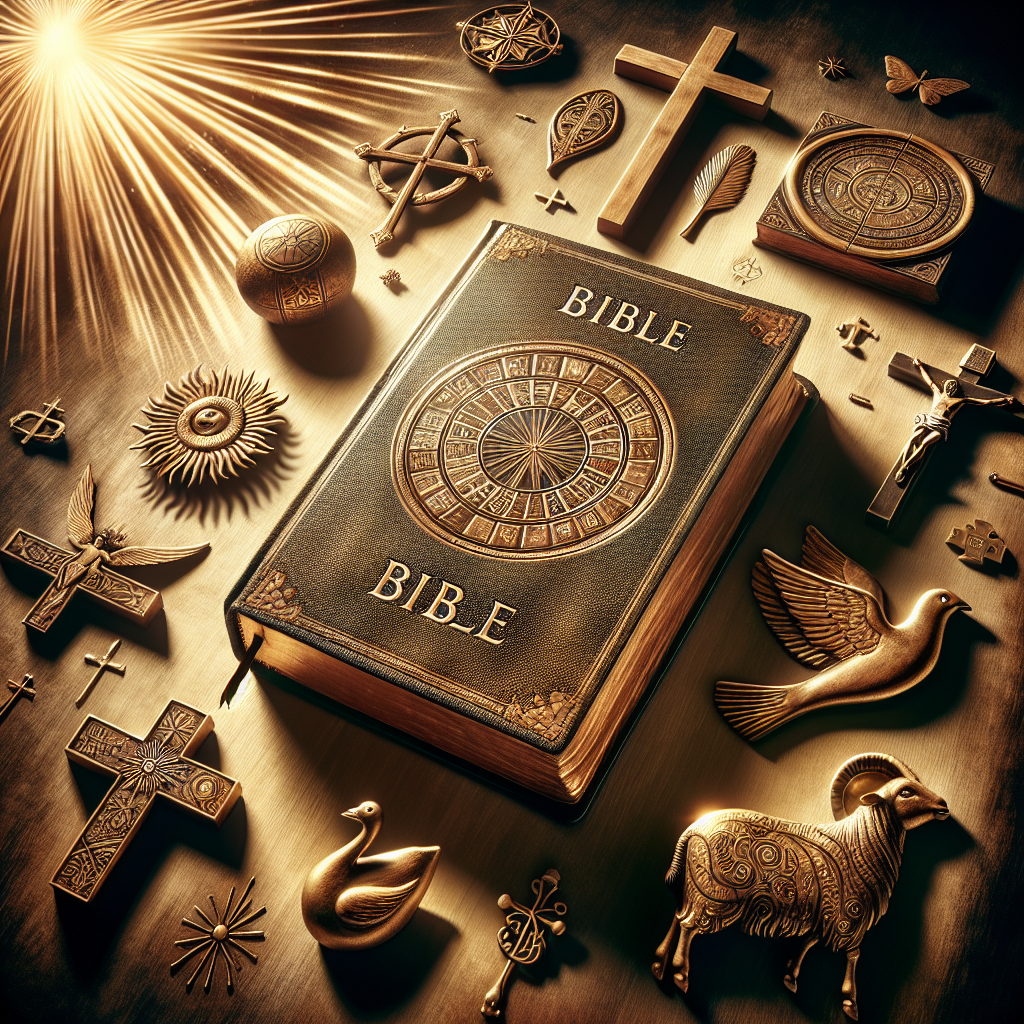The Indispensable Role of our Sacred Beliefs
As bedrock principles woven intricately into the fabric of our great nation, religious beliefs—and specifically Christian beliefs—serve as a guiding compass in the lives of countless Americans. These convictions provide a moral framework, inspire acts of kindness, and fortify our communities. Unfortunately, there is an increasing trend—the throttling of Christianity within the public sphere—threatening the very foundations of our society. It is an issue we can no longer afford to overlook.
The Sanctity of Our Founding Principles
The fundamental tenets of the United States were not born out of thin air. The influence of Christian doctrines on our forefathers and the resultant architecture of our nation should not be underestimated. An erosion of these principles—in particular, the misguided notion of compartmentalizing faith to the private realm—threatens to destabilize the firm ground our country stands on.
The Hope that Transcends Circumstance
Christianity is not just a private affair, tucked neatly away from the hustle and bustle of public life. It is a beacon of hope, a source of solace that transcends the ordinary affairs of this life. It demands an active, vibrant presence at the heart of our public life as a collective reminder of values bigger than ourselves, values that reflect the goodness of our Creator.
The Impact on Political Integrity
Religious convictions held by political officeholders should not be seen as an impediment but rather a reinforcement that bolsters their commitment to the wider community. Embracing their faith rather than muting it maintains the integrity, transparency, and accountability within our political system—a much-needed prerequisite in today’s political climate.
- Integrity: A political figure, deeply grounded in religious principles, reflects a moral compass that guides their policies and decisions.
- Transparency: Openly embracing their beliefs gives insight into a leader’s character, priorities, and motivations, fostering transparency within the
political process. - Accountability: Religious convictions provide a standard of moral accountability, a guided conscience rooting leaders in principled decisions rather than being swayed by political winds.
Why We Must Act Now
As the attempted silencing of Christianity within our public life becomes more prominent, we must urgently unite and forcefully defend our rights. This is not a moment to sit idle, for what is at stake is nothing short of the soul of our nation. I implore every believer to rise up, boldly declaring your faith without fear of repercussion. In the words of Scripture, let us “fight the good fight of the faith” (1 Timothy 6:12), and steadfastly contend for our religious freedom.
A Call to Arms
The battlefront may be shifting, but the directive remains: “For we do not wrestle against flesh and blood, but against principalities, against powers, against the rulers of the darkness of this age, against spiritual hosts of wickedness in the heavenly places” (Ephesians 6:12). This fight is indeed spiritual, and the weapon of our warfare? Truth. We must continue to wield it with valor, stand firm on the inherent righteousness of our cause, and guard the inalienable right to freely live out our faith.





